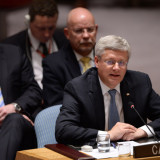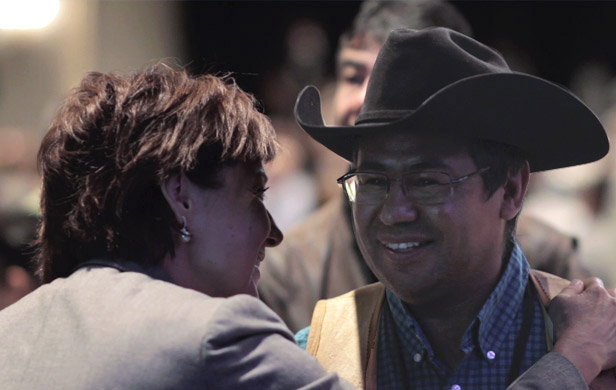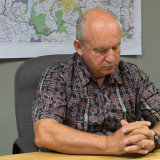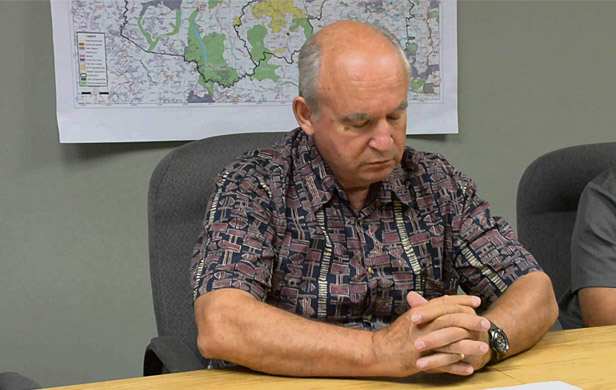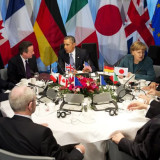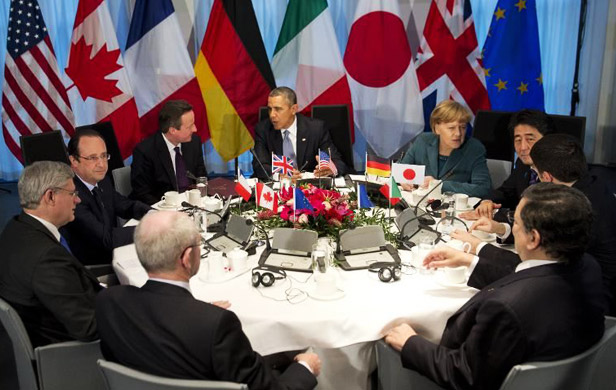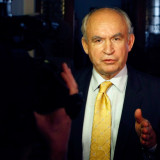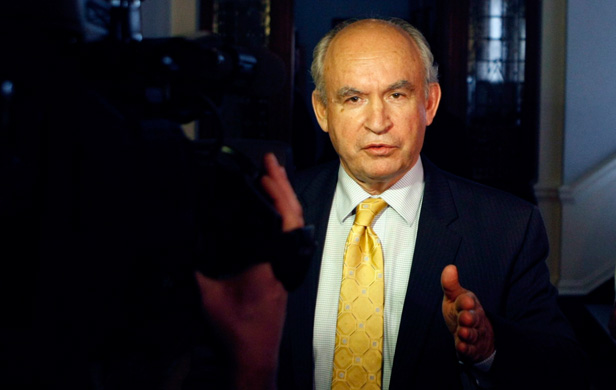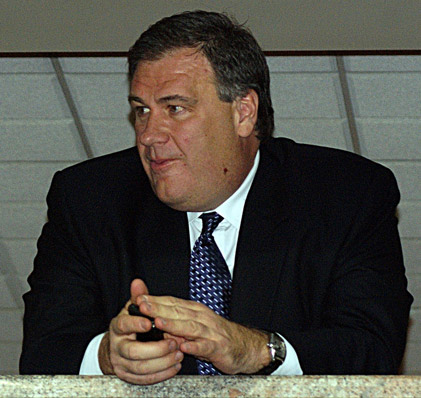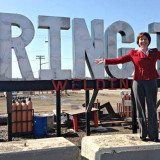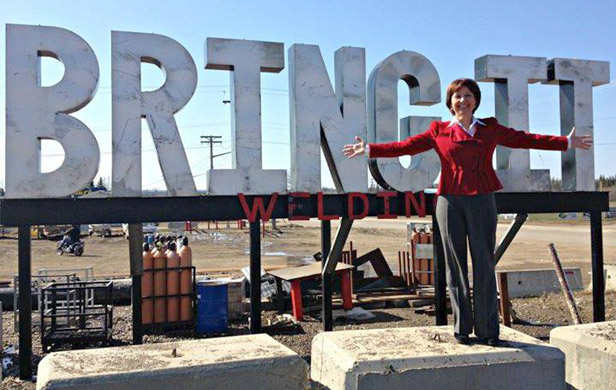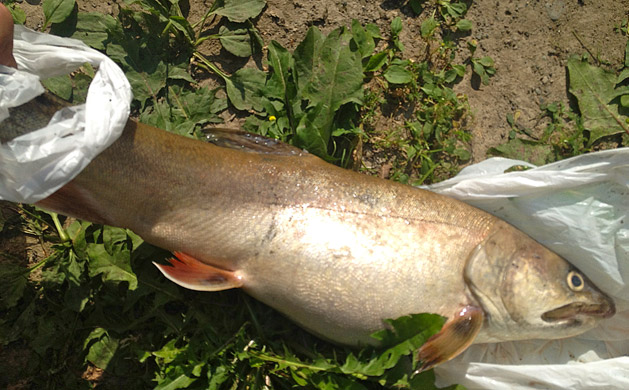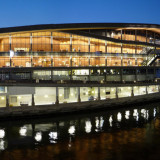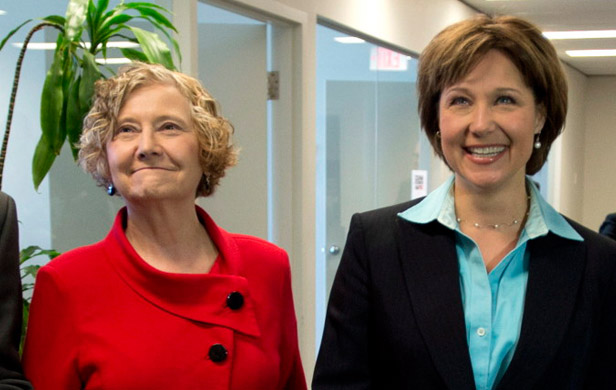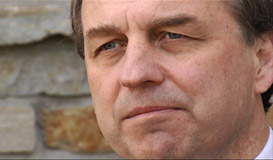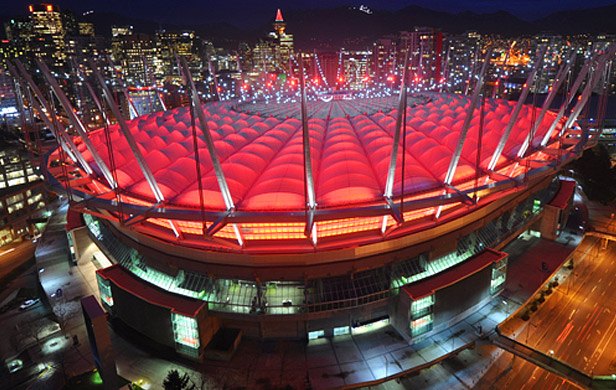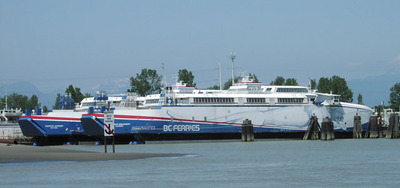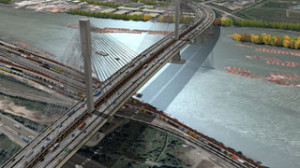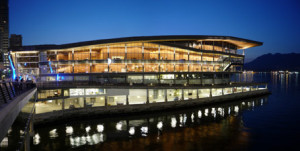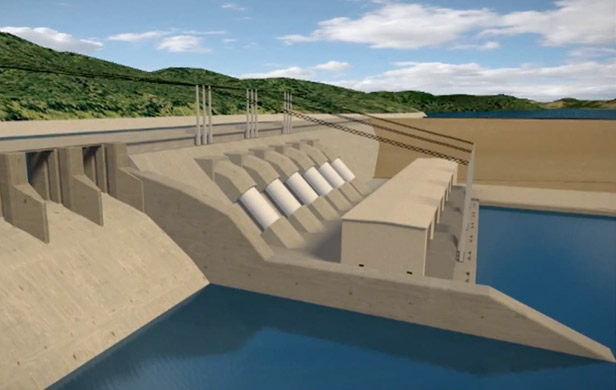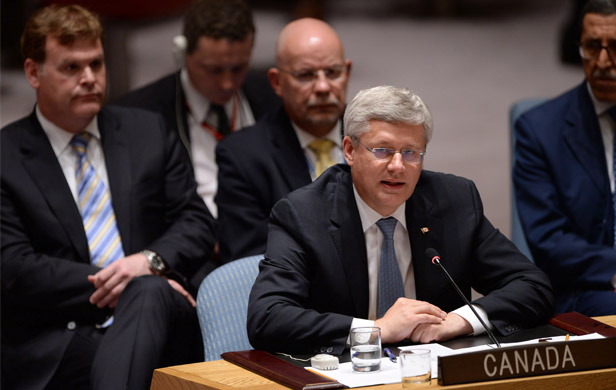
The environmental policy of Ottawa will now depend upon what the Tories desire for the next five years.
Why do I say that?
Because their position on Iraq is the correct one and will win them the 2015 election. Canadians simply cannot abandon 100,000 Christians who will be killed if they don’t convert to Islam. They cannot ignore the creation of a new state made up of wild-eyed religious nuts prepared to decapitate those who don’t agree with them.
Proposed intervention gets the usual knee-jerk reaction from the NDP, laced with an overdose of anti-Americanism. The Liberals, under an immature Trudeau, who like the Bourbons has learned nothing and forgotten nothing, vacillates more with the desire to get votes than to do the right thing.
To blame the United States exclusively for the present situation is nonsense. To assess blame, one has to go back to the collapse of the Ottoman Empire and the disgraceful Sykes-Picot secret agreement between Britain and France in 1916 where Turkish possessions were carved up. Iraq’s problems did not start yesterday.
What does this is mean for our precious environment?
It’s like Steven Leacock once said – the man that fell in love with the dimple made the mistake of marrying the entire girl. We are stuck with the entire Tory policy.
The Tory environment position is, predictably, simple-minded as propagated in my constituency by Tory MP John Weston who carps on about “process”. As long as there is a “scientific inquiry”, whatever the hell that might mean, with a limited ability of the public to speak, this is “process” – all that’s required.
“Process” has become the buzzword. When Harper eliminated protection for fish habitat a couple of years ago, Weston was enthusiastic because this meant there would be “process” before the fish were destroyed.
The “process” of ignoring public
Our publisher, Damien Gillis, and I have had many opportunities to watch “process” at work. It means one or two public hearings where the public can ask questions of the company about the environmental impact of a proposal without the ability to express opinions. It follows that the opinions they do possess mean absolutely nothing and are not taken into account ever.
Look at the National Energy Board – which is to say the government – stonewalling oral questions to Kinder Morgan by the public, to see what Tory “process” is all about. Imagine forbidding cross-examination in a courtroom! If that’s “process”, the Soviet “show trials” of the 1930s were paragons of litigious virtue.
[signoff3]
An obvious question: If we’re not to have real input into these environmental exercises, what are we, the caring public, to do for the next five years when faced with proposed environmental development we wish to question and have meaningful input into?
Google “safe fracking”
The Tory government’s medieval approach is not just confined to the blatherings of Weston, who no doubt reflects their policy accurately, but with nonsense like the recent pronouncement of the Minister of Finance, no less, Joe Oliver, who advised us to Google “safe fracking”, and we would see that there is indeed “safe fracking”! This is the extent of “scientific” examination, apparently, practiced by this government.
Where I live, people on Howe Sound are horrified at the thought of an LNG plant in Squamish and a gravel pit – would you believe that? – at McNab Creek, an important salmon river. It appears that approval for these two horrendous undertakings are “slam dunks”, although the people are up in arms. What do we do when these approvals come?
Console ourselves with the thought that some industry “scientists” have looked at the matter? Do we feel warm and fuzzy all over that the companies held public meetings to dispense their propaganda and take questions, not on whether or not the undertaking should go ahead, but to give them friendly suggestions?
The government is banking on us to be law-abiding citizens revolted at the thought of civil disobedience.
Tories living in the past
As usual, the Tories are living deep in the past. They have not been paying attention. People who normally wouldn’t cross the road to protest anything are taking to the streets in great numbers. There’s no longer the respect for either government or the legal “process” of which Tories seem so proud.
Once upon a time, people respected what governments said – when large corporations were taken to be honest, bent only on creating jobs and prosperity for the community.
Those days are long gone and that didn’t happen by some sudden public cynicism but by blatant and mindless rape of the environment for shareholder profit, not just tolerated, but encouraged by governments.
Where is it written that we must, as with the Tar Sands, destroy our environment, bring disease and reduced employment to surrounding peoples and decimate wildlife so that we can sell oil to Asia? If one applied “real world” accounting principles to this undertaking, would it really make sense? Especially if we took into account the cost of environmental degradation and the diminution of the natural beauty of which we are so proud and from which we derive so much pleasure, not to mention tourists?
Don’t expect a straight answer
Because they’ve got away with murder all these years, industry and government, not required to, are unable to tell the truth. They have been fooling of the public for eons and see no reason to end a winning formula.
People are no longer prepared to put up with the tendentious nonsense spouted by Mr. Weston and his government and are demanding proper environmental hearings where their opinions are not only sought but taken into account in the decision-making process – in short, honest “process”.
For the next five years then we’ll likely have to endure a government that believes that “process” denying a real voice to you and me will carry on.
We have, then, a choice – either we sit back and take it or we protest. To protest means that we must consider and where appropriate, practice civil disobedience.
This rubs against the grain for many law-abiding Canadians, but history teaches us that this is the only way you ever get the attention of brain-dead governments and rapacious industry that deny fairness.
It’s not a pleasant choice but I fear it’s the choice we’re going to have to make and in the not-too-distant future.
Watch this video of the flawed public “process” surrounding the proposed Woodfibre LNG plant in Howe Sound:
